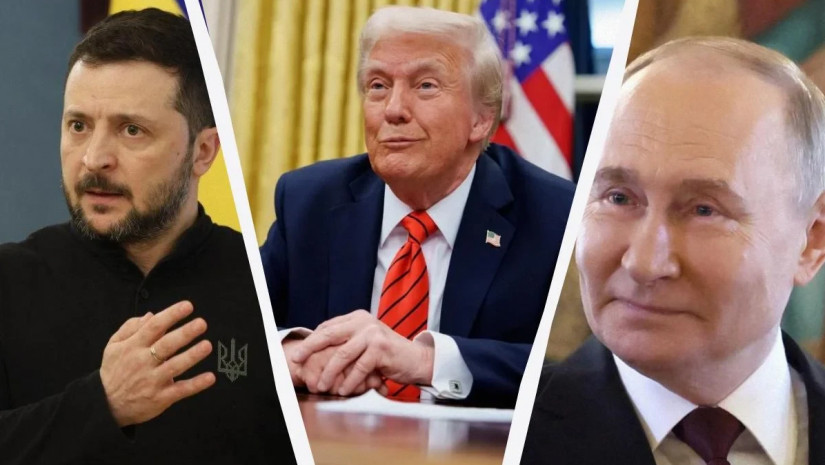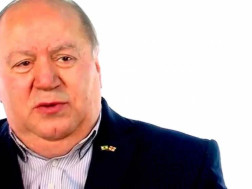U.S. President Donald Trump announced on May 19 that he will have a phone conversation with Vladimir Putin, followed by a call with Volodymyr Zelensky and NATO allies. Even before the first direct Russia-Ukraine talks in three years, the White House chief had stated that peace between Moscow and Kyiv could only be achieved if he personally discussed the matter with Putin.
In a post on his social media platform Truth Social, Trump said his conversation with Putin is scheduled for Monday at 10:00. He did not specify which capital’s time he meant, but it is likely Washington time. In Moscow, 10:00 Washington time would be 5:00 p.m.
"I will speak by phone with Russian President Vladimir Putin," Trump wrote. "The topic of the call will be ending the 'bloodbath,' which is causing, on average, the deaths of more than 5,000 Russian and Ukrainian soldiers per week, as well as trade."
"After that, I will speak with Ukrainian President Zelensky, and then, together with President Zelensky, with various NATO members," Trump continued.
"I hope it will be a productive day, a ceasefire will occur, and this very brutal war — a war that should never have started — will end," Trump said in the post.
On Thursday, before the Ukrainian and Russian delegations met in Istanbul, Trump commented on the prospects for peace in Ukraine: "Nothing will happen until Putin and I meet."
Meanwhile, on Saturday, the Russian Ministry of Foreign Affairs reported that Foreign Minister Sergey Lavrov held a phone conversation with U.S. Secretary of State Marco Rubio and discussed the outcomes of recent Russia-Ukraine peace talks in Istanbul.
According to a statement published on the Russian Foreign Ministry’s website, "Lavrov noted the positive role of the U.S., which helped bring Kyiv to ultimately accept Russian President Vladimir Putin’s proposal to resume the Istanbul negotiations."
The Russian Foreign Ministry also stated that Rubio "welcomed the agreements on prisoner exchanges and on both sides preparing their respective visions of the conditions needed to reach a ceasefire, and emphasized Washington’s continued willingness to support efforts to find a resolution."









